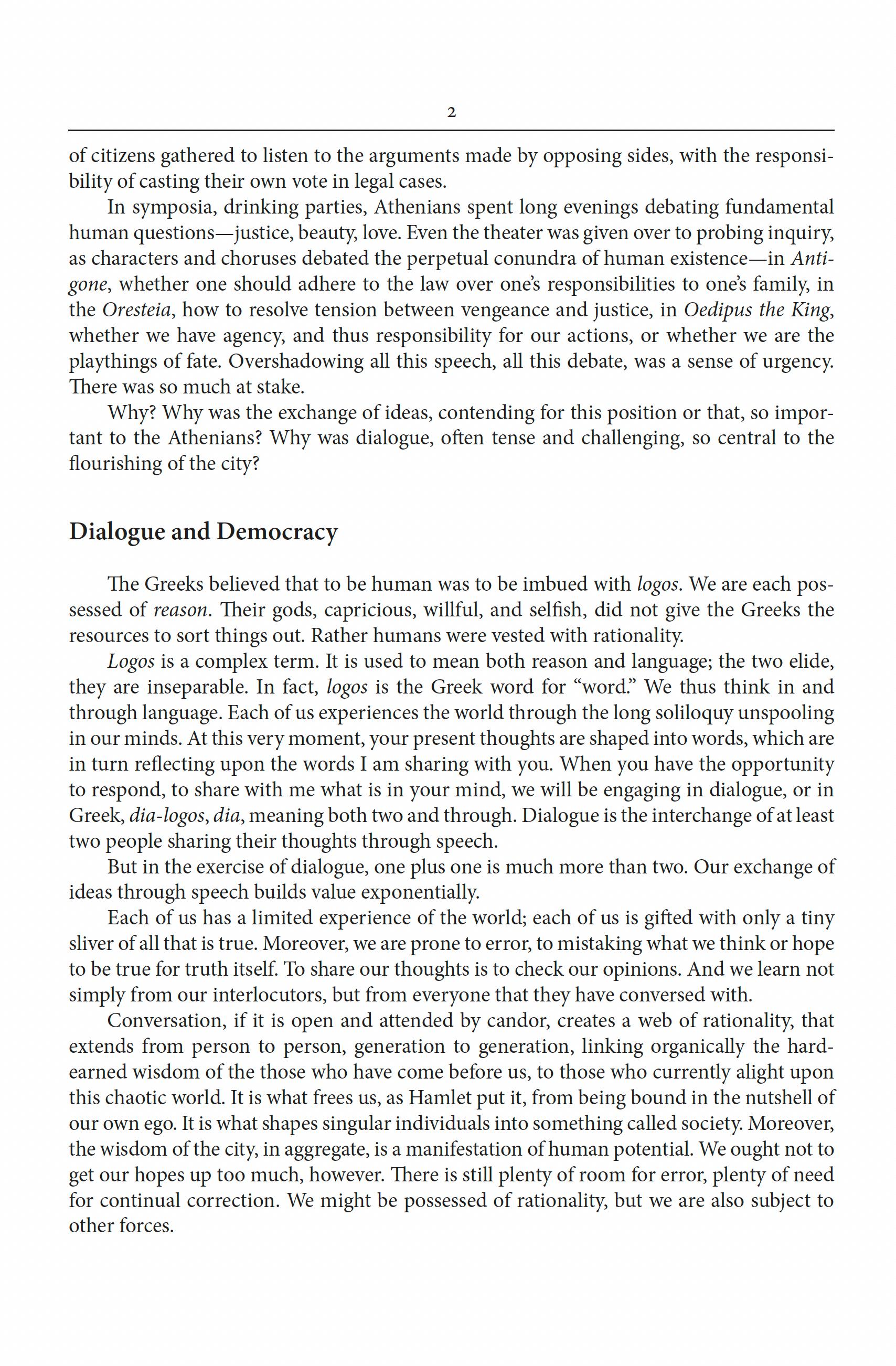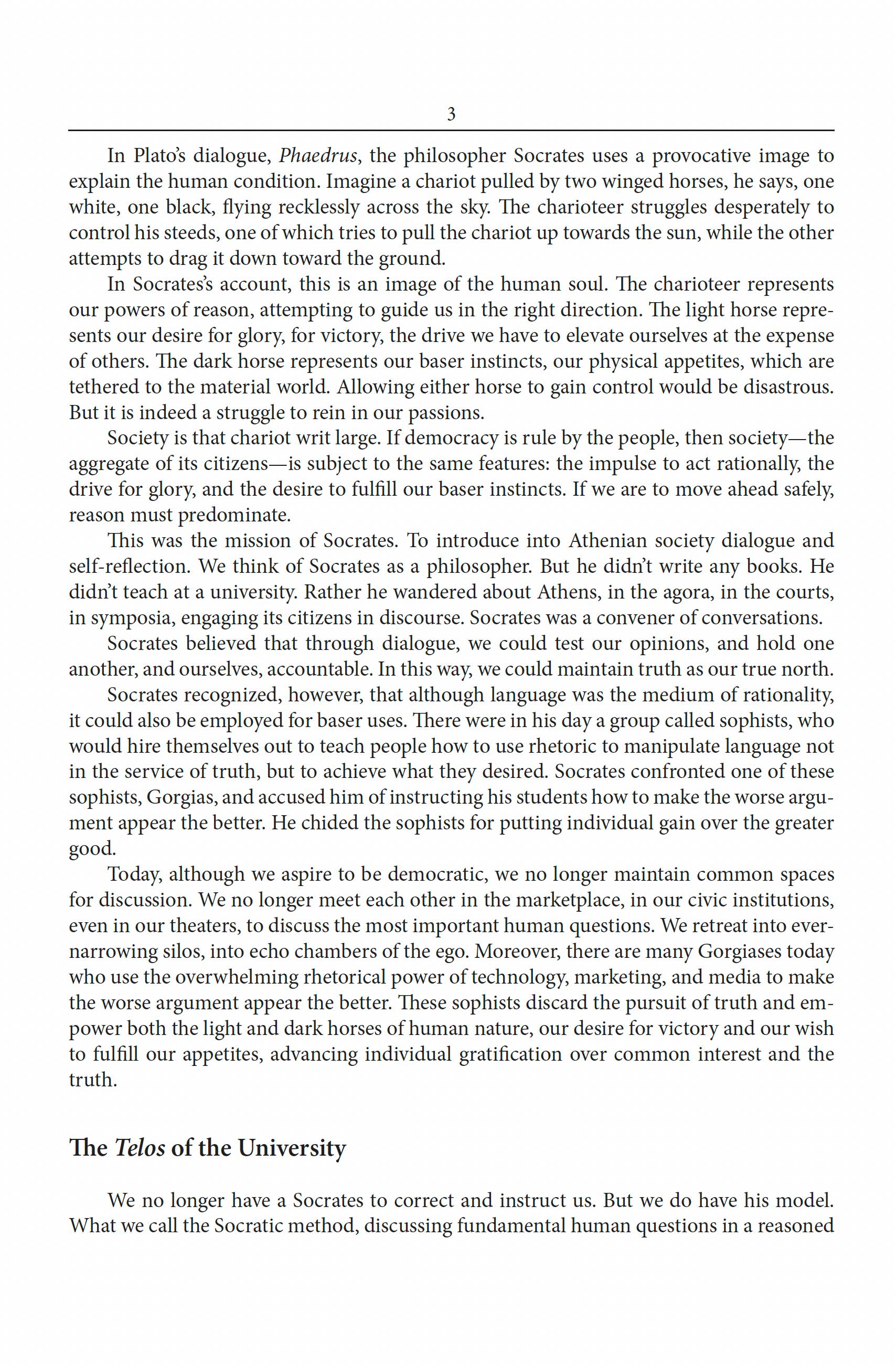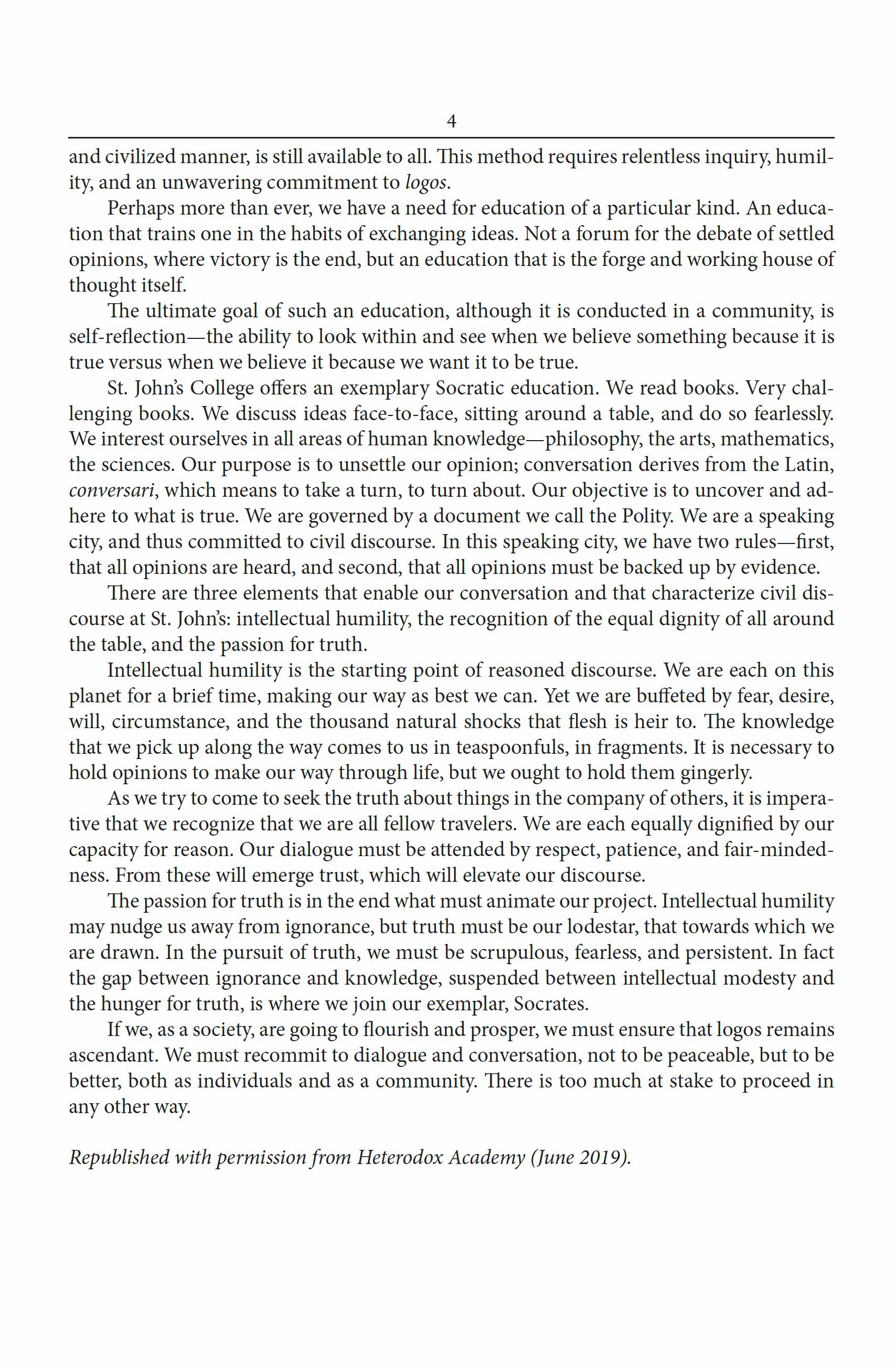




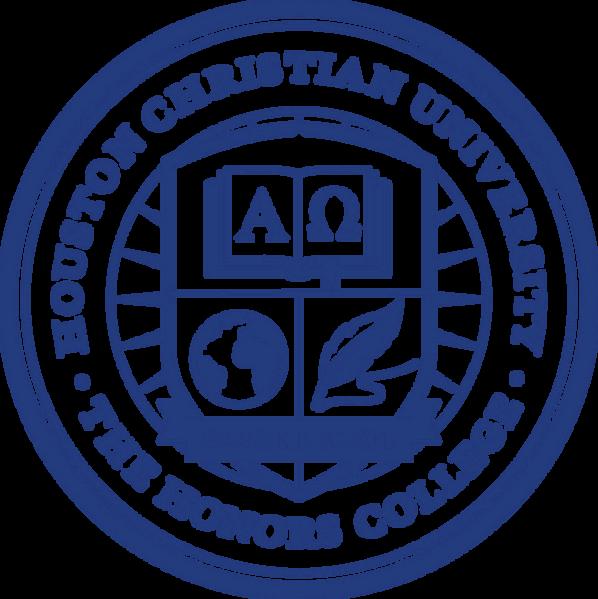
Dear Future Honors Scholar:
Thank you for coming to visit with us today. I hope your interactions with our faculty and students have demonstrated well the nature and character of our program. The Honors College will fulfill you, challenge you, and ultimately reward you. We hope you will consider joining us.
I trust that you got a glimpse of the unique environment of scholarly discussion and debate among students and professors in the Honors College. Our community begins in the classroom but extends to the city of Houston and the world Our graduates leave HCU with one of the highest levels of distinction available at the university.
It is important to note that the Honors College is not a designated major like education or biology; instead, it is an enhanced way to satisfy the liberal arts requirement that all students at HCU must fulfill. Honors College students are able to pursue a degree in any major offered at HCU. Furthermore, participation in the ancient arts of reading, writing, and discussion in Honors College courses empowers students to succeed in their chosen area of discipline. We currently have students who are majoring in nursing, business, music, philosophy, engineering, and a number of other disciplines, all whom can attest to the strong career skills they develop as a result of their Honors College coursework.
To find out more details, or to apply to the Honors College, please visit us online (hc.edu/honorscollege). If you have additional questions about what it is like to be an Honors Scholar, please let us know.
Sincerely,
Gary Hartenburg Director, The Honors College Houston Christian University
Over the course of the three-year Honors College program, students will read more than sixty books—over 17,000 pages!
“Sing, goddess, of the anger of Achilles, son of Peleus...” Homer, Iliad
WALKING TO PIRAEUS: THE ANCIENT
(1) Homer, Iliad, trans. Alexander (Harper Collins, 2016)
(2) Homer, Odyssey, trans Lattimore (Harper Collins, 2011)
(3) Aeschylus, Aeschylus II, trans Lattimore (University of Chicago Press, 2013)
(4) Sophocles, Sophocles I, trans Grene (University of Chicago Press, 2013)
(5) Euripides, Euripides V, trans. Arrowsmith et al. (University of Chicago Press, 2013)
(6) Aristophanes, Lysistrata and Other Plays, trans. Sommerstein (Penguin, 2003)
(7) Herodotus, The Landmark Herodotus: The Histories, ed. Strassler (Anchor Books, 2009)
(8) Thucydides, The Landmark Thucydides: A Comprehensive Guide to the Peloponnesian War, ed. Strassler (Touchstone, 1998)
(9) Plato, Complete Works, ed. Cooper (Hackett, 1997)
(10) Aristotle, Physics, trans. Reeve (Hackett, 2022)
(11) Aristotle, Poetics, trans Kenny (Oxford University Press, 2013)
(12) Aristotle, Nicomachean Ethics, 2nd ed trans Reeve (Hackett, 2024)
(13) ESV Large Print Wide MarginBible; Crossway
(14) MLA Handbook for Writers of Research Papers, 8th ed.
(1) Horace, Odes (Hackett, 2018)
(2) Cicero, “On the Republic” and “On the Laws” (Cornell, 2014)
(3) Virgil, Aeneid (Vintage, 1990)
(4) Ovid, Metamorphoses (Hackett, 2010)
(5) The Apostolic Fathers in English, 3rd ed. (Baker, 2006)
(6) Plutarch, Lives, vols. 1–2 (Modern Library Classics, 2001)
(7) Ptolemy, The Almagest (Green Lion Press, 2014)
(8) Epictetus, The Handbook (Hackett, 1983)
(9) Tacitus, Agricola and Germania (Penguin, 2010)
(10) Eusebius, The History of the Church (Penguin, 1990)
(11) Athanasius, On the Incarnation (SVS Press, 2012)
(11) Gregory of Nazianzus, On God and Christ: The Five Theological Orations and Two Letters to Cledonius (SVS, 2002)
(12) Augustine, Confessions (Oxford World Classics, 2009)
(13) Augustine, City of God (Cambridge UP, 1998)
(14) Boethius, Consolation of Philosophy (Penguin, 2000)
(15) Benedict, The Rule of St. Benedict in English (Liturgical Press, 1982)
(16) John of Damascus, Three Treatises on the Divine Images, ed. and trans. Andrew Louth (SVS Press, 2003)
(17) ESV Large Print Wide MarginBible; Crossway
(18) Creeds of the Churches: A Reader in Christian Doctrine from the Bible to the Present, ed John Leith, 3rd ed (Westminster John Knox, 1982)
FAITH, REASON & ROMANCE: THE MEDIEVAL & RENAISSANCE WORLDS
(1) The Qur’an, trans. Abdel Haleem (Oxford World’s Classics)
(2) Beowulf, trans. Luizza (Broadview, 2012)
(3) Chretien de Troyes, Arthurian Romances, trans. Kibler and Carroll (Penguin, 1991)
(4) Pseudo Dionysius, The Complete Works, trans. Luibheid (Paulist, 1987)
(5) Averroes, Decisive Treatise and Epistle Dedicatory (Brigham Young University, 2002)
(6) Thomas Aquinas, Aquinas on Nature and Grace (Westminster John Knox, 1954)
(7) Dante, Inferno, trans. Hollander (Vintage, 2002)
(8) Dante, Purgatory, trans Hollander (Anchor, 2004)
(9) Dante, Paradise, trans Hollander (Anchory, 2008)
(10) Petrarch, The Poetry of Petrarch, ed Young (Farrar, Straus and Giroux)
(11) Geoffrey Chaucer, The Canterbury Tales, ed. Michael Murphy (12) Julian of Norwich, Revelations of Divine Love, trans. Spearing (Penguin, 1999)
(13) Christine de Pizan, The Book of the City of the Ladies (Hackett, 2018)
(14) The Saga of the Volsungs: With the Saga of Ragnar Lothbrok, trans. Crawford (Hackett, 2019)
(15) Niccolo Machiavelli, The Prince, trans. Mansfield, 2nd ed. (University of Chicago Press, 1998)
(16) Desiderius Erasmus, The Praise of Folly, trans. Miller, 2nd ed. (Yale University Press, 2003)
(17) Nicolaus Copernicus, On the Revolutions of the Heavenly Spheres (Prometheus Books, 1995)
(18) Martin Luther, Three Treatises, 2nd ed (Fortress Press, 1990)
(19) John Calvin, Institutes of the Christian Religion, trans Battles (Westminster John Knox Press, 1960)
(20) ESV Large Print Wide MarginBible; Crossway
“All shall be well, and all shall be well, and all manner of thing shall be well.”
Julian of Norwich, Revelations of Divine Love
HNRS 2740
ENLIGHTENMENT & MODERNITY: 1600–1800
(1) Philip Sidney, The Major Works, ed Katherine Duncan-Jones (Oxford, 2009)
(2) William Shakespeare, The Norton Shakespeare, 3rd ed , ed Stephen Greenblatt (W W Norton, 2015)
(3) Miguel Cervantes, Don Quixote, trans. Edith Grossman (Harper, 2005)
(4) John Donne, The Complete Poetry and Selected Prose of John Donne, ed. Charles Coffin (Modern Library, 2001)
(5) Galileo Galilei, Dialogue Concerning the Two Chief World Systems: Ptolemaic and Copernican, ed. and trans. Stillman Drake (Modern Library, 2001)
(6) Rene Descartes, Meditations on First Philosophy, 2nd ed., ed. and trans. John Cottingham (Cambridge, 2017)
(7) Blaise Pascal, Pensées, trans A J Krailsheimer (Penguin, 1995)
(8) John Locke, An Essay Concerning Human Understanding, ed Roger Woolhouse (Penguin, 1998)
(9) Isaac Newton, Selections from Newton’s Principia, ed Dana Densmore (Green Lion, 2004)
(10) David Hume, An Enquiry concerning Human Understanding, ed. Eric Steinberg (Hackett, 1993)
(11) John Milton, Paradise Lost, ed. William Kerrigan (Modern Library, 2008)
(12) Jonathan Edwards, The Sermons of Jonathan Edwards: A Reader, ed. Wilson Kimnach (Yale UP, 1999)
(13) John Wesley, John Wesley's Sermons: An Anthology, ed. Albert Outler; Abingdon, 1991 (14) John Locke, Second Treatise of Government, ed. C. B. Macpherson; Hackett, 1980 (15) Charles Montesquieu, The Spirit of the Laws, ed and trans Anne Cohler; Cambridge, 1989 (16) Edmund Burke, The Portable Edmund Burke, ed Isaac Kramnick; Penguin, 1999 (17) Thomas Paine, Rights of Man, Common Sense, and Other Political Writings, ed. Mark Philip; Oxford, 2009
(18) Phillis Wheatley, Complete Writings, ed. Vincent Carretta; Penguin, 2001 (19) Declaration of Independence (20) The Essential Federalist and Anti-Federalist Papers, ed. David Wootton; Hackett, 2203 (21) ESV Large Print Wide MarginBible; Crossway
“We hold these truths to be self-evident, that all men are created equal, that they are endowed by their Creator with certain unalienable Rights, that among these are Life, Liberty and the pursuit of Happiness.” The Declaration of Independence
HNRS 3710
THE LAST TWO HUNDRED YEARS: 1800 TO THE PRESENT
(1) Immanuel Kant, Grounding for the Metaphysics of Morals, trans. James Ellington (Hackett, 1993)
(2) Samuel Coleridge & William Wordsworth, Lyrical Ballads (Oxford World’s Classics)
(3) Jane Austen, Pride and Prejudice (Norton, 4th ed.))
(4) Alexis de Tocqueville, Democracy in America (University of Chicago Press)
(5) Soren Kierkegaard, Fear and Trembling (Princeton University Press)
(6) Frederick Douglass, The Portable Frederick Douglass (Penguin)
(7) Karl Marx, Selected Writings, ed. Simon (Hackett 1994)
(8) Alfred, Lord Tennyson, The Major Works (Oxford World’s Classics)
(9) Abraham Lincoln and Stephen Douglas, The Lincoln-Douglas Debates of 1850 (University of Chicago Press)
(10) Leo Tolstoy, Anna Karenina (Penguin)
(11) Friedrich Nietzsche, The Complete Works of Friedrich Nietzsche, vol 8, Beyond Good and Evil and On the Genealogy of Morality (Stanford University Press)
(12) T. S. Eliot, Collected Poems, 1909–1962 (Harcourt Brace Jovanovich)
13) Edmund Husserl, The Crisis of European Sciences and Transcendental Phenomenology (Northwestern University Press)
(14) Sigmund Freud, Civilization and Its Discontents (Norton)
(15) Winston Churchill, The Gathering Storm (Mariner Books)
(16) Dietrich Bonhoeffer, Life Together (Fortress)
(17) C. S. Lewis, Till We Have Faces (Harper One)
(18) Flannery O’Connor, The Complete Stories (Farrar, Straus, and Giroux)
(19) Martin Luther King, Jr , “Letter from Birmingham Jail” (available on Blackboard) and Strength to Love (Fortress)
(20) Aleksandr Solzhenitsyn, The Solzhenitsyn Reader: New and Essential Writings, 1947–2005 (Intercollegiate Studies Institute)
(21) Karl Barth, Dogmatics in Outline (Harper)
(22) ESV Large Print Wide MarginBible; Crossway
“The King James translation makes a promise in ‘Thou shalt,’ meaning that men will surely triumph over sin. But the Hebrew word, the word timshel —‘Thou mayest’— that gives a choice.” John Steinbeck, East of Eden
HNRS 3740
THE STORY OF SCRIPTURE: THE BIBLICAL NARRATIVE FROM GENESIS TO REVELATION
(1) New Cambridge Paragraph Bible [King James Version] (Cambridge University Press, 2011)
(2) J. R. R. Tolkien, The Silmarillion (Mariner Books, 2014)
(3) John Steinbeck, East of Eden (Penguin, 1992)
(4) Gregory of Nyssa, The Life of Moses, trans. Ferguson and Malherbe (Paulist, 1978)
(5) John Milton, Paradise Regained, Samson Agonistes, and the Complete Shorter Poems (Modern Library, 2012)
(6) William Faulkner, Absalom, Absalom! (Vintage, 1990)
(7) G. W. Leibniz, Theodicy: Essays on the Goodness of God, the Freedom of Man, and the Origin of Evil (Open Court, 1998)
(8) G. K. Chesterton, The Man Who Was Thursday (Penguin, 2011)
(9) Anselm, Basic Writings (Hackett, 1997)
(10) Fyodor Dostoevsky, The Brothers Karamazov, trans Pevear and Volokhonsky (Farrar, Strauss, and Giroux, 2002)
(11) William Shakespeare: The Norton Shakespeare, 3rd ed., ed. Stephen Greenblatt (W. W. Norton, 2015)
(12) Victor Hugo, Les Miserables, trans. Donougher (Penguin, 2015)
(13) C. S. Lewis, The Last Battle (Harper Collins, 2002)

Josiah Carr
Honors Scholar
English Major, ’24
“During my time at HCU, my favorite classes have always been my Honors College courses. I am studying English, and the Honors College has prepared me with the necessary skills to read difficult texts, discuss their meaning, and pursue the truth.
“Even greater than the irreplaceable impact on my education, every semester has grown me in my character, to which I will be forever indebted. I am not the same person I used to be, and the Honors College has been integral to my development. My only regret is that I will eventually graduate and leave this program. ”
 Josiah Carr
Josiah Carr
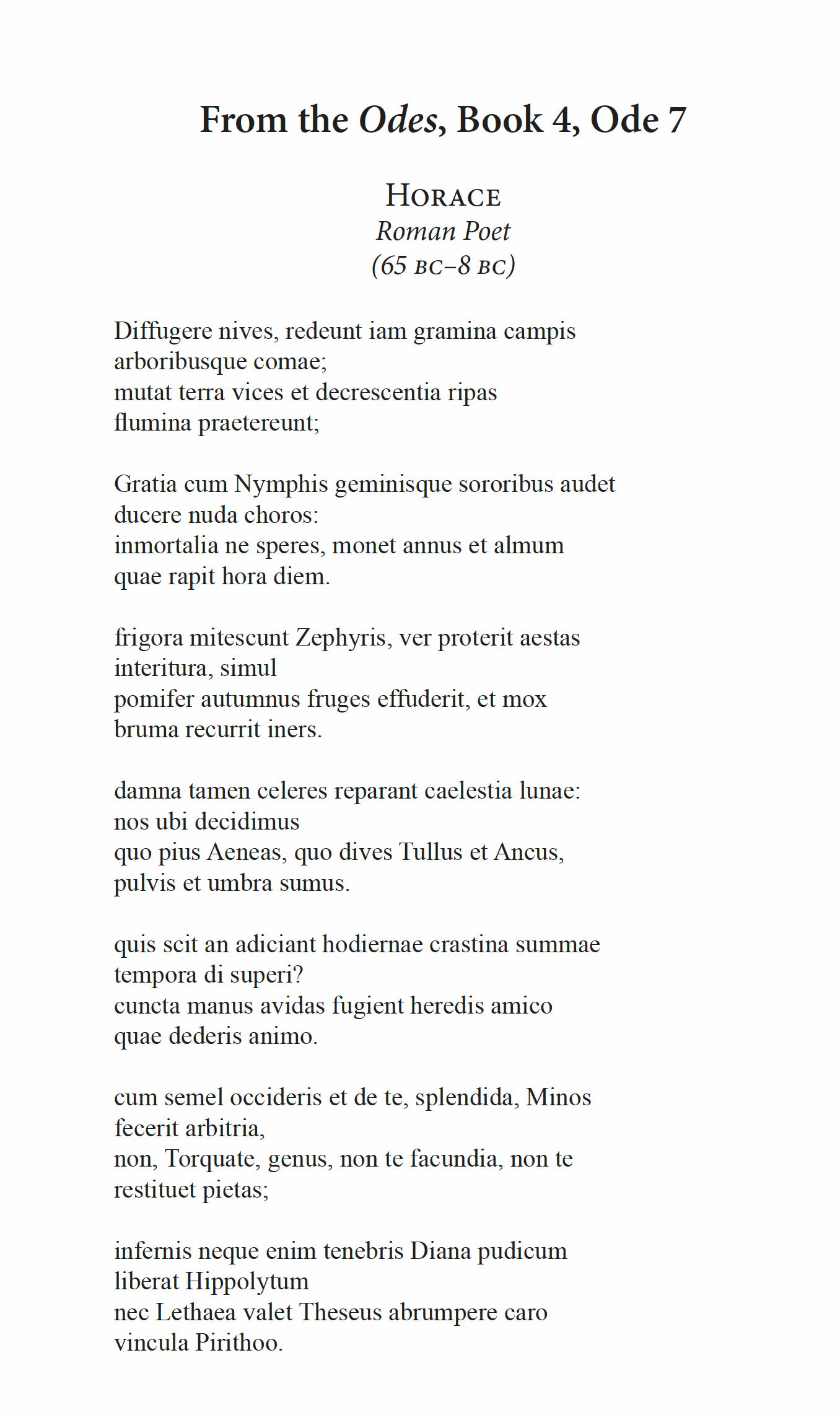
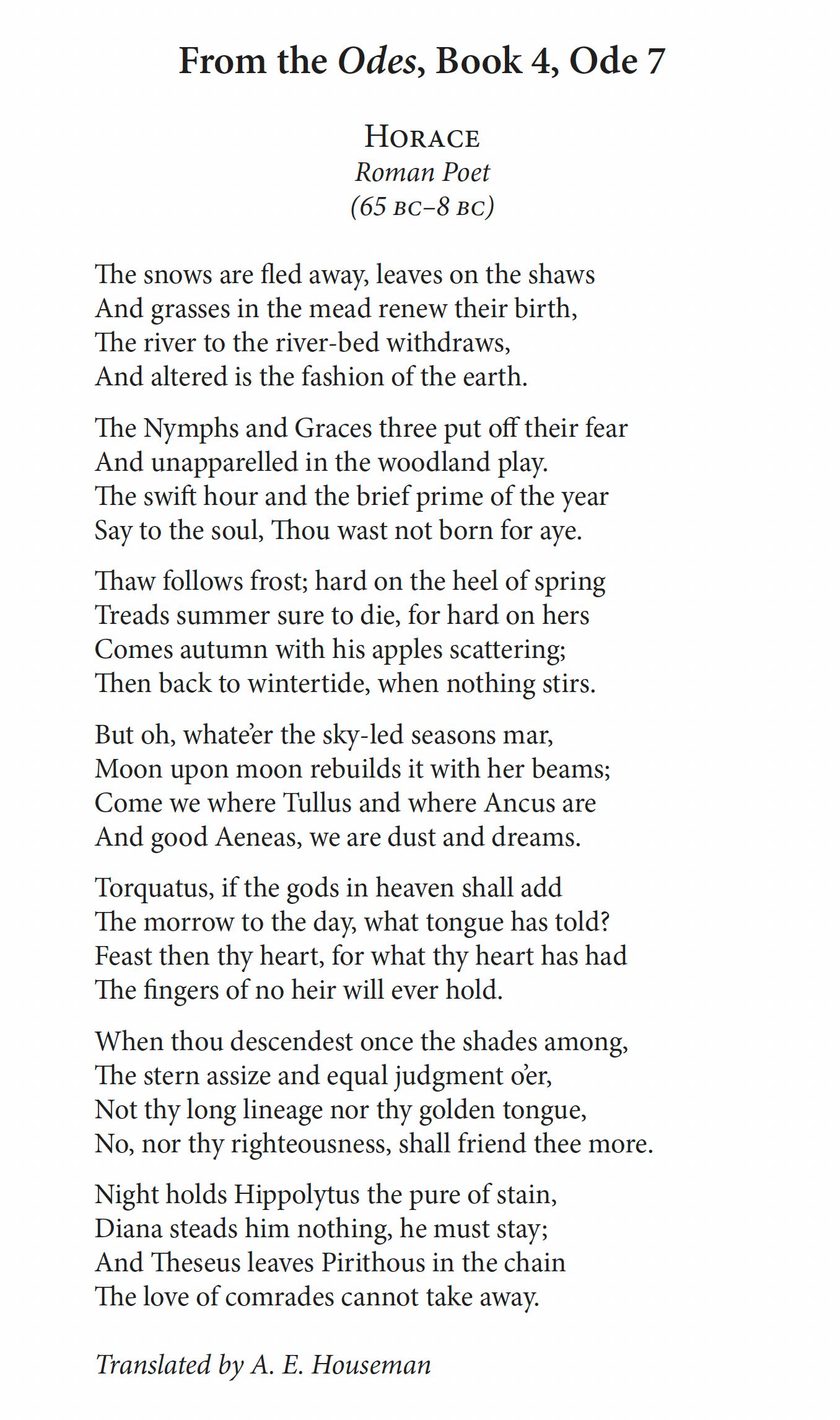

Only the considerable skill of the authors of the classics can leave us satisfied with the incomplete endings they offer.
–Gary Hartenburg THE HONORS COLLEGE Director,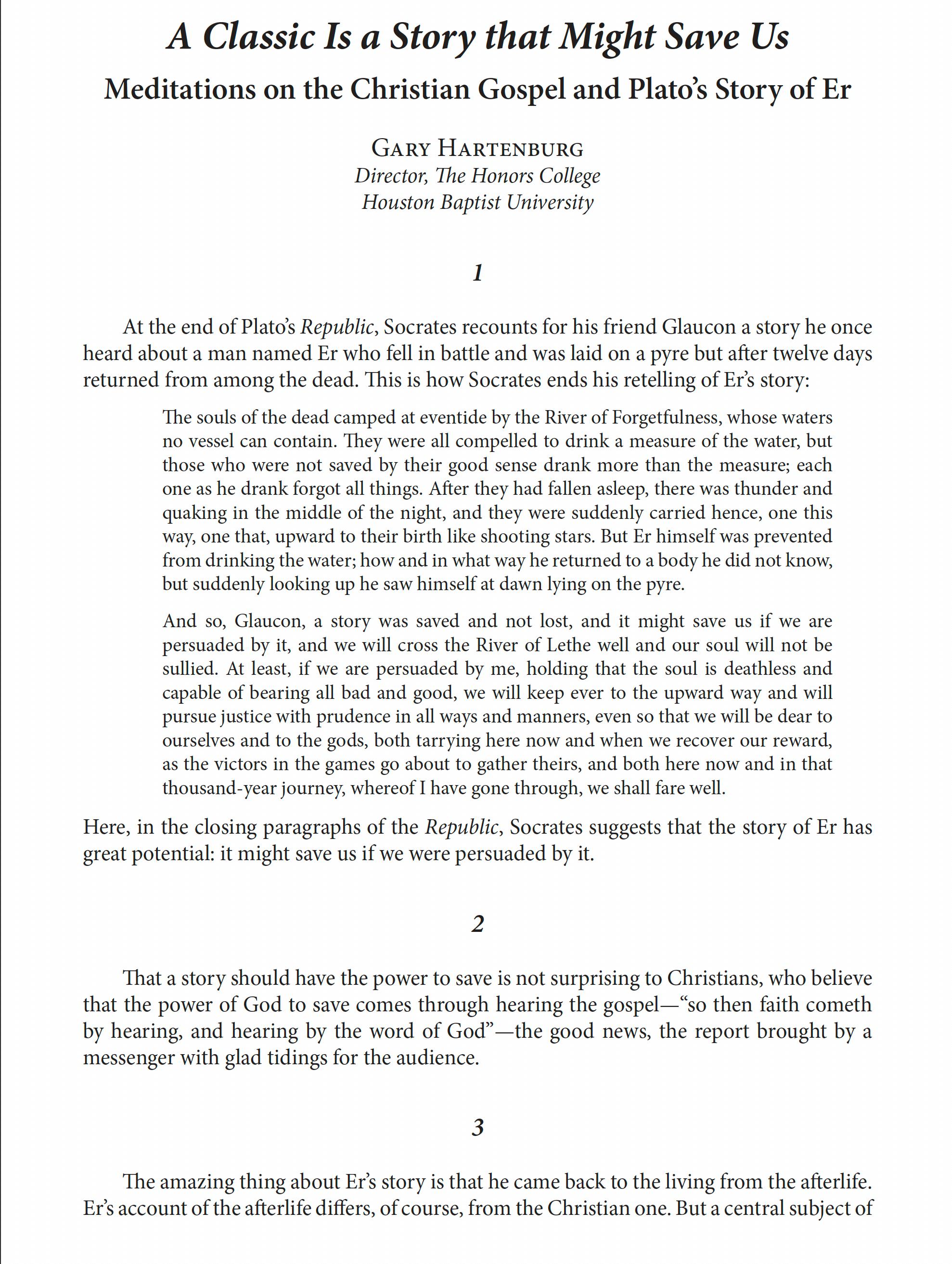
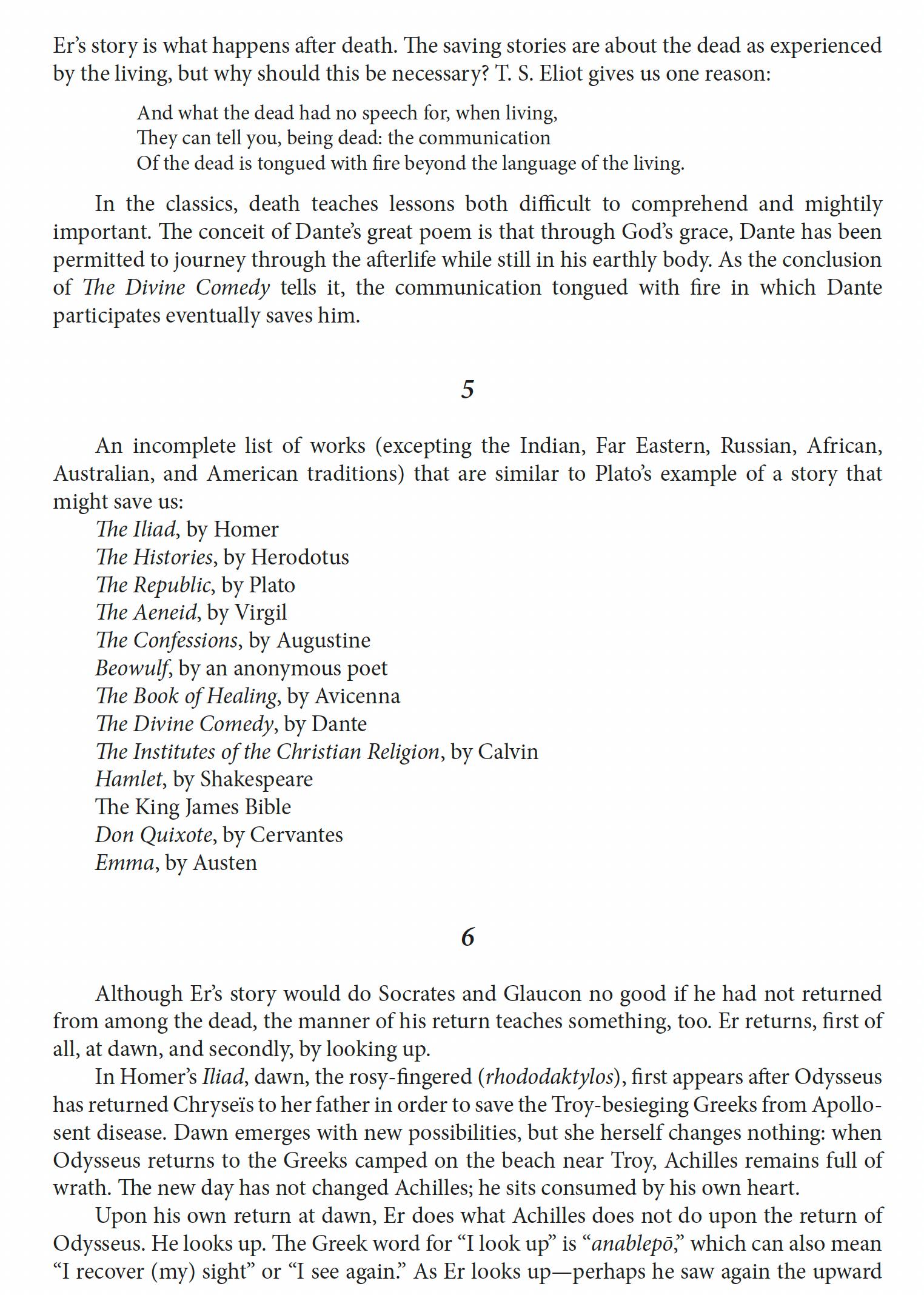
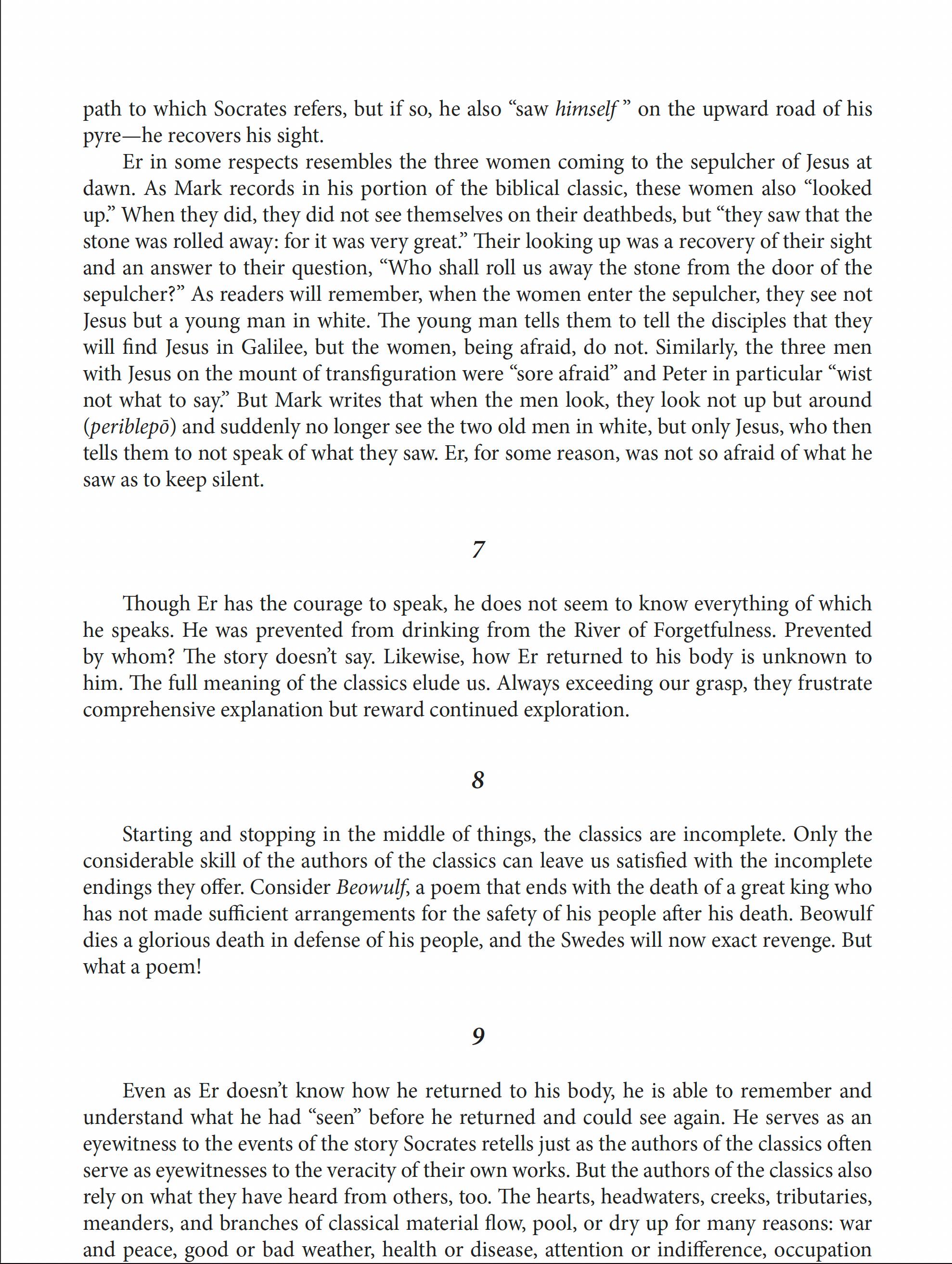
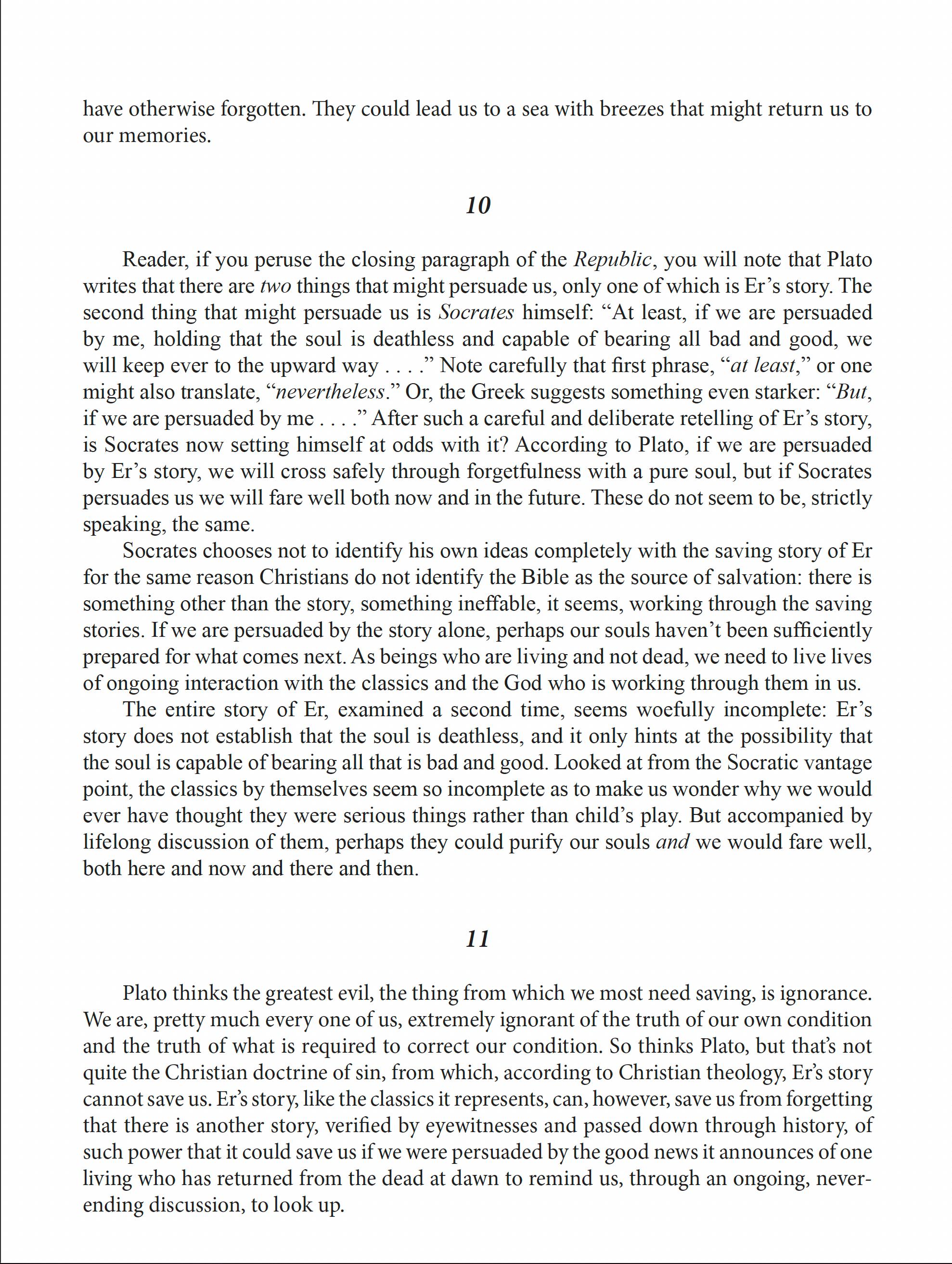
 Nicholas Van Cleve, ’15 BA Philosophy and Biblical Languages
Nicholas Van Cleve, ’15 BA Philosophy and Biblical Languages
“As an attorney, I am so grateful for my time in the Honors College. The practice of law involves analyzing and applying texts to a set of observations about the world. It also involves uncovering stories that make sense of that analysis.
“In the Honors College, we were provided an understanding of philosophy, logic, literature, history, speech, art, and more. We learned how each of these areas help us better understand God’s world and how to discern between fact and fiction. We learned to analyze texts and write persuasively about our findings. The experience enhanced my ability to reason, communicate, and commune with students who shared a common interest in learning and making the most of their collegiate experience.
“I consider it a privilege to use skills cultivated in the Honors College for the best interest of those I represent on a daily basis. Looking back, I would not have had my time at HCU any other way.”
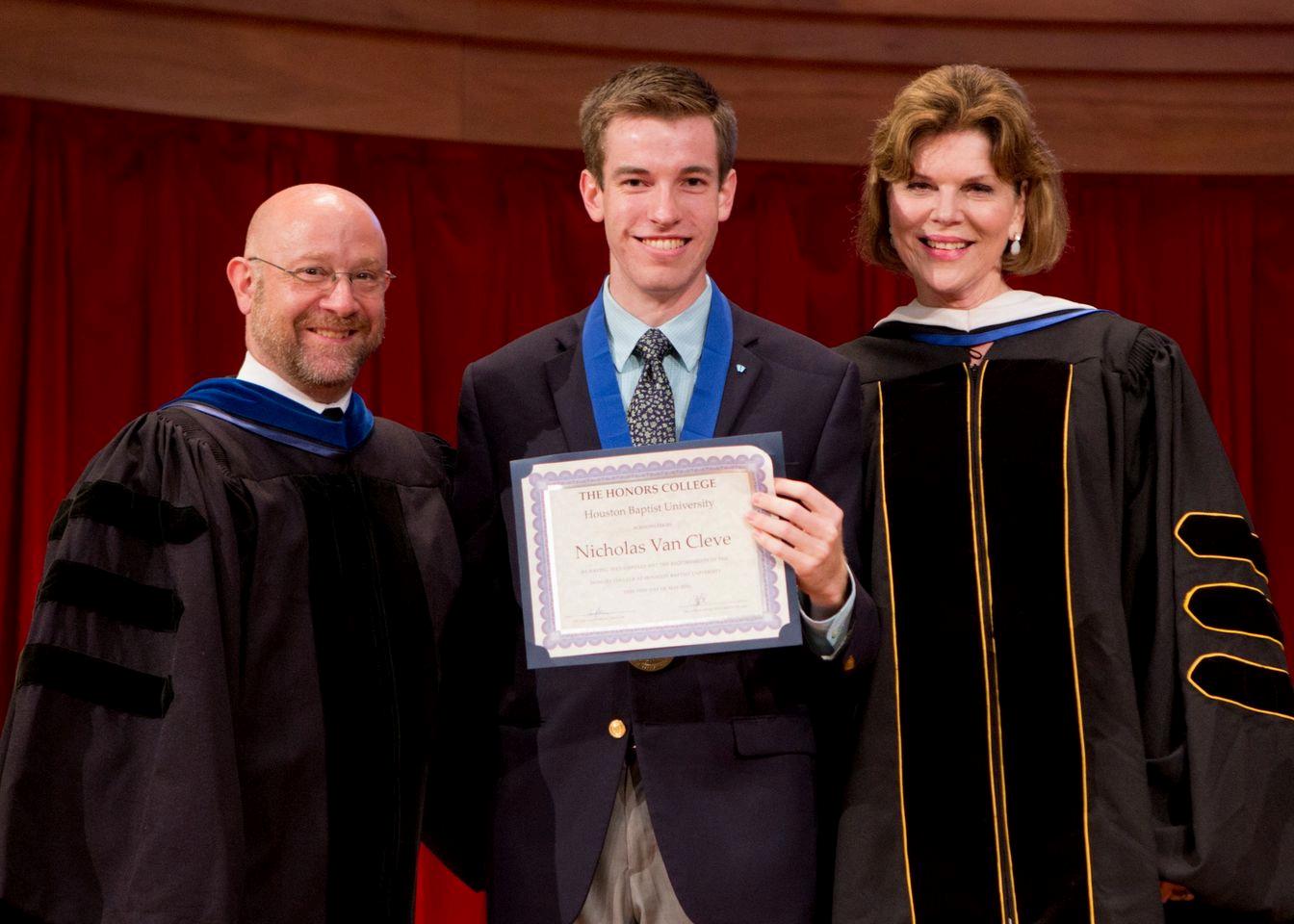 Nicholas Van Cleve, JD
Nicholas Van Cleve, JD

